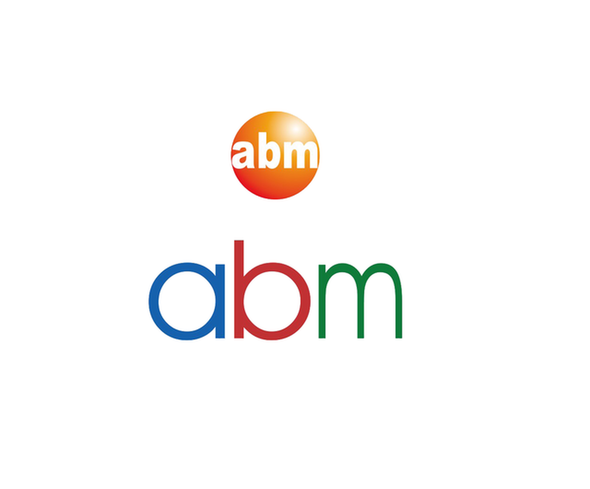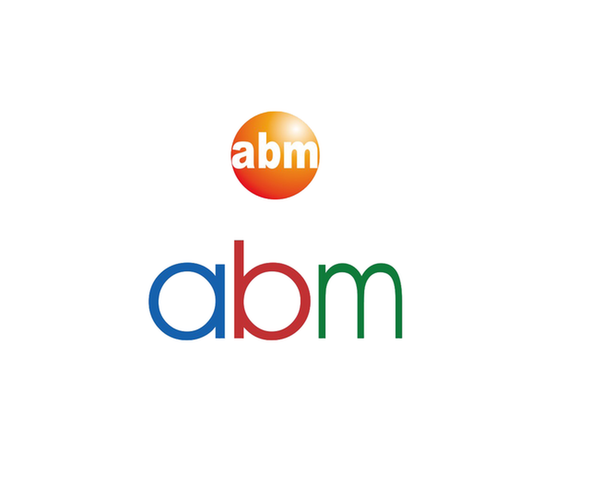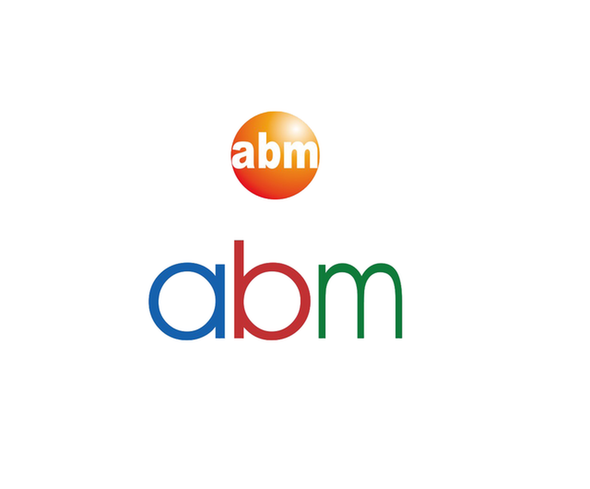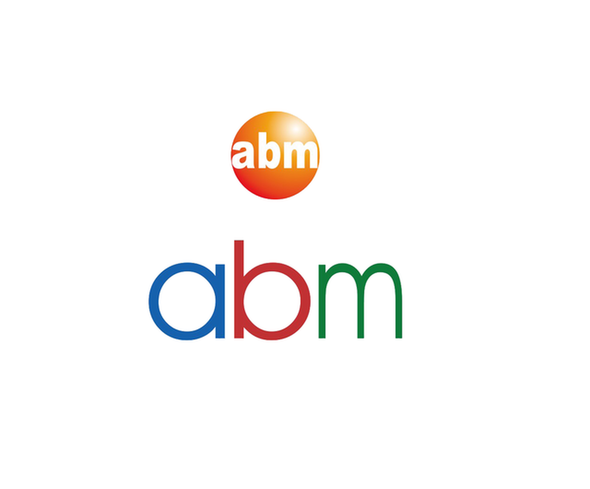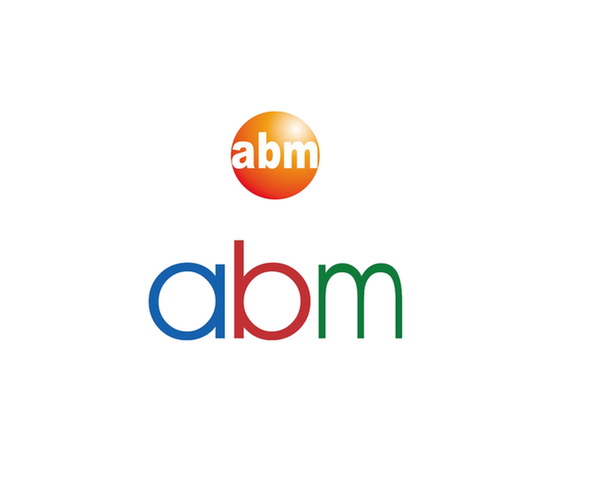abm | Immortalized Mouse Dental Apical Papilla Progenitor Cells (iSCAP) | T0048
- SKU:
- T0048
- Availability:
- 5 to 7 Days Shipment
- Size:
- 1x10⁶ cells / 1.0 ml
Description
abm | Immortalized Mouse Dental Apical Papilla Progenitor Cells (iSCAP) | T0048
Immortalization Method:
Serial passaging and transduction with retrovirus SSR#69 expressing SV40 large T antigen flanked with Cre/loxP sites
BioSafety Level:
II
Organism:
CD1 Mouse
Species:
Mouse
Source Organ:
Lower Incisor Teeth
Organ Type:
Oral
Growth Properties:
Adherent
Morphology:
Polygonal
Passage Number:
N/A
Population Doubling:
N/A
Seeding Density:
Thaw entire contents into an appropriate T25 flask as specified in the Propagation instructions.
Markers:
CD73, CD44, CD90/Thy-1, CD105/Endoglin, CD166/ALCAM, CD133/Prom1, BMPRII, CD117/c-kit, and CD29/integrin β1
Donor Age:
N/A
Donor Gender:
N/A
Donor Ethnicity:
N/A
Propagation:
The base medium for this cell line is Prigrow III medium available at abm . To make the completed growth medium, add the following components to the base medium: fetal bovine serum to final concentration of 10% and Penicillin/Streptomycin Solution to a final concentration of 1%. Carbon dioxide (CO2): 5%, Temperature: 37.0°C.
abm does not recommend to use heat-inactivated FBS for cell culture unless specified otherwise.
Quality Control:
1) Immunofluorescence staining performed to examine mesenchymal stem cell markers; 2) sqPCR analysis for BMP9-induced late osteo/odontoblast, and ondotoblast markers.
Shipping Condition:
Dry Ice
Storage Condition:
liquid nitrogen or -180C


